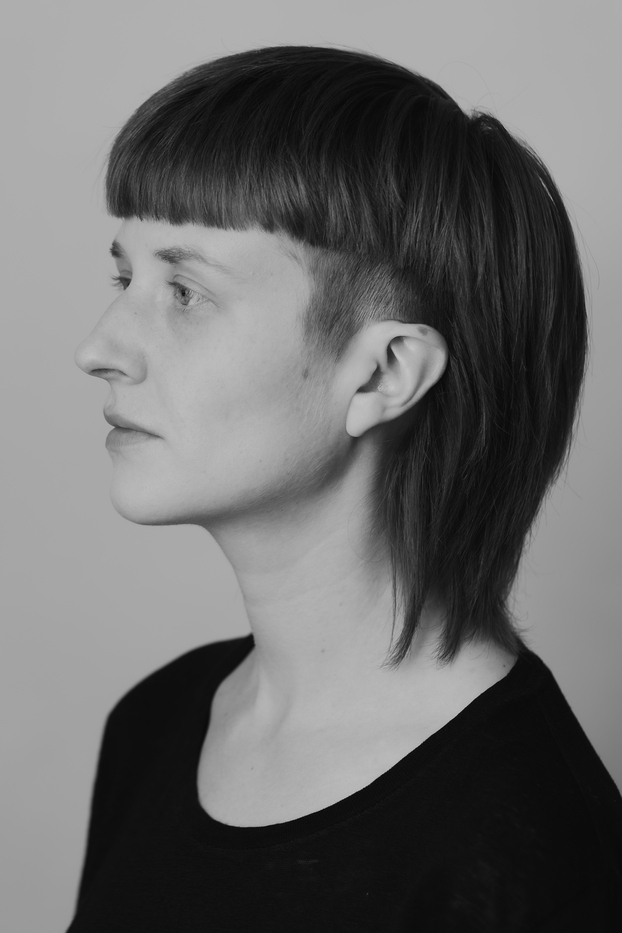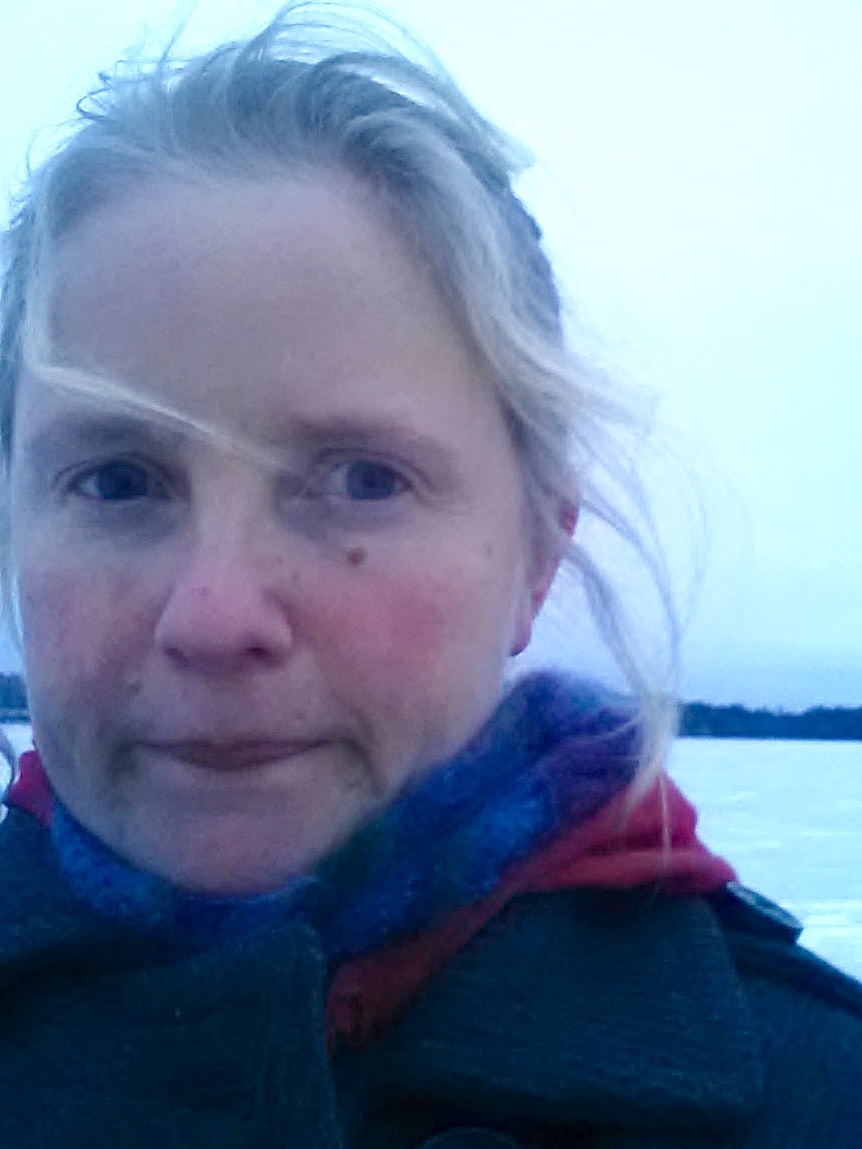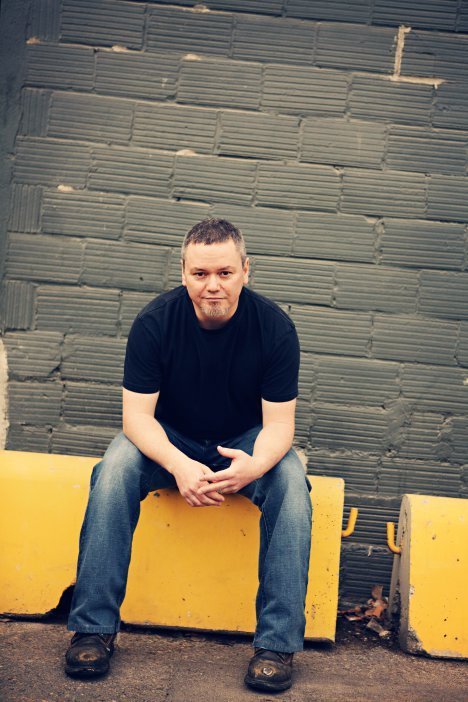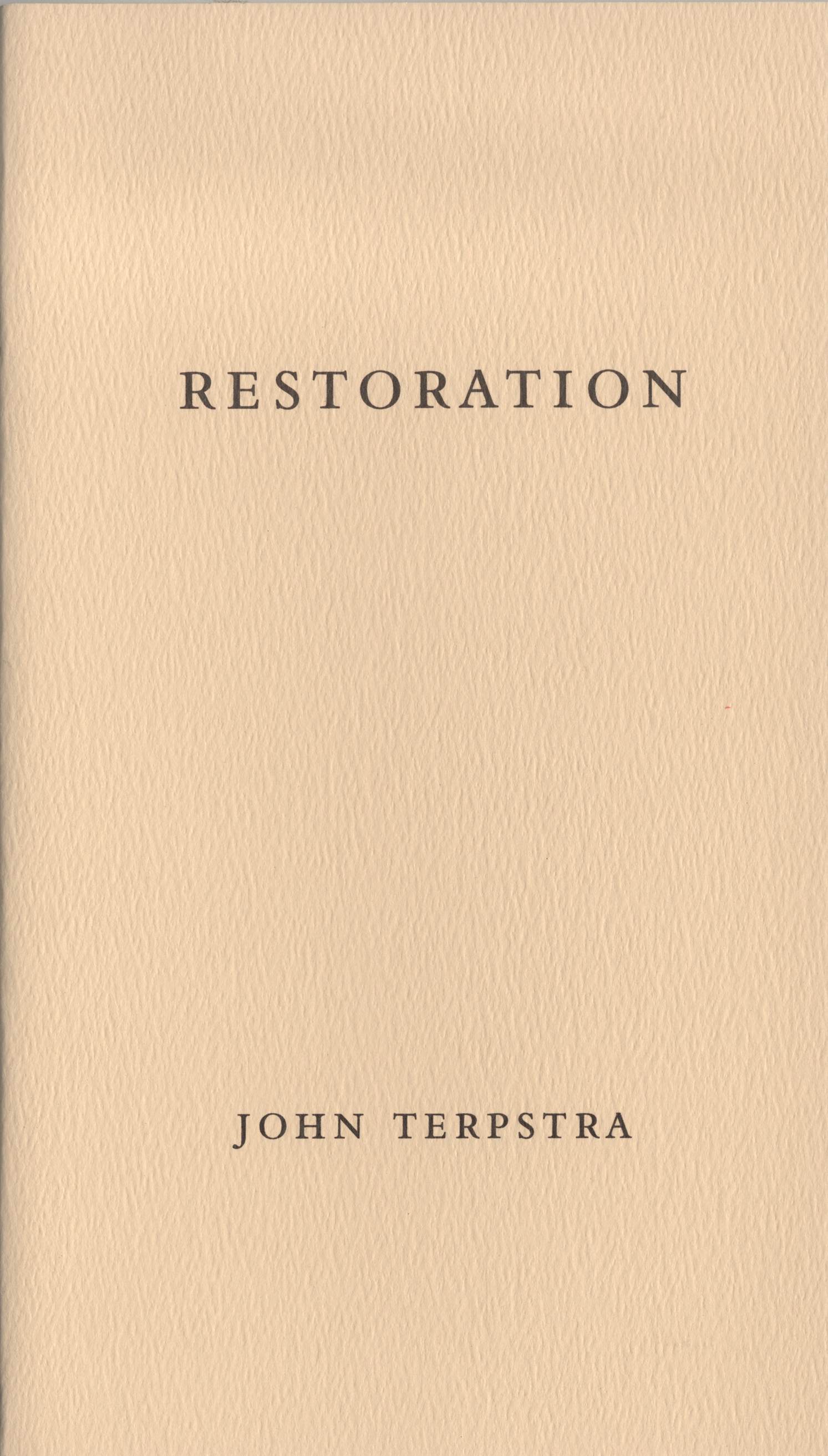
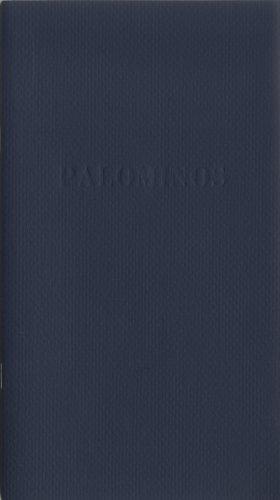
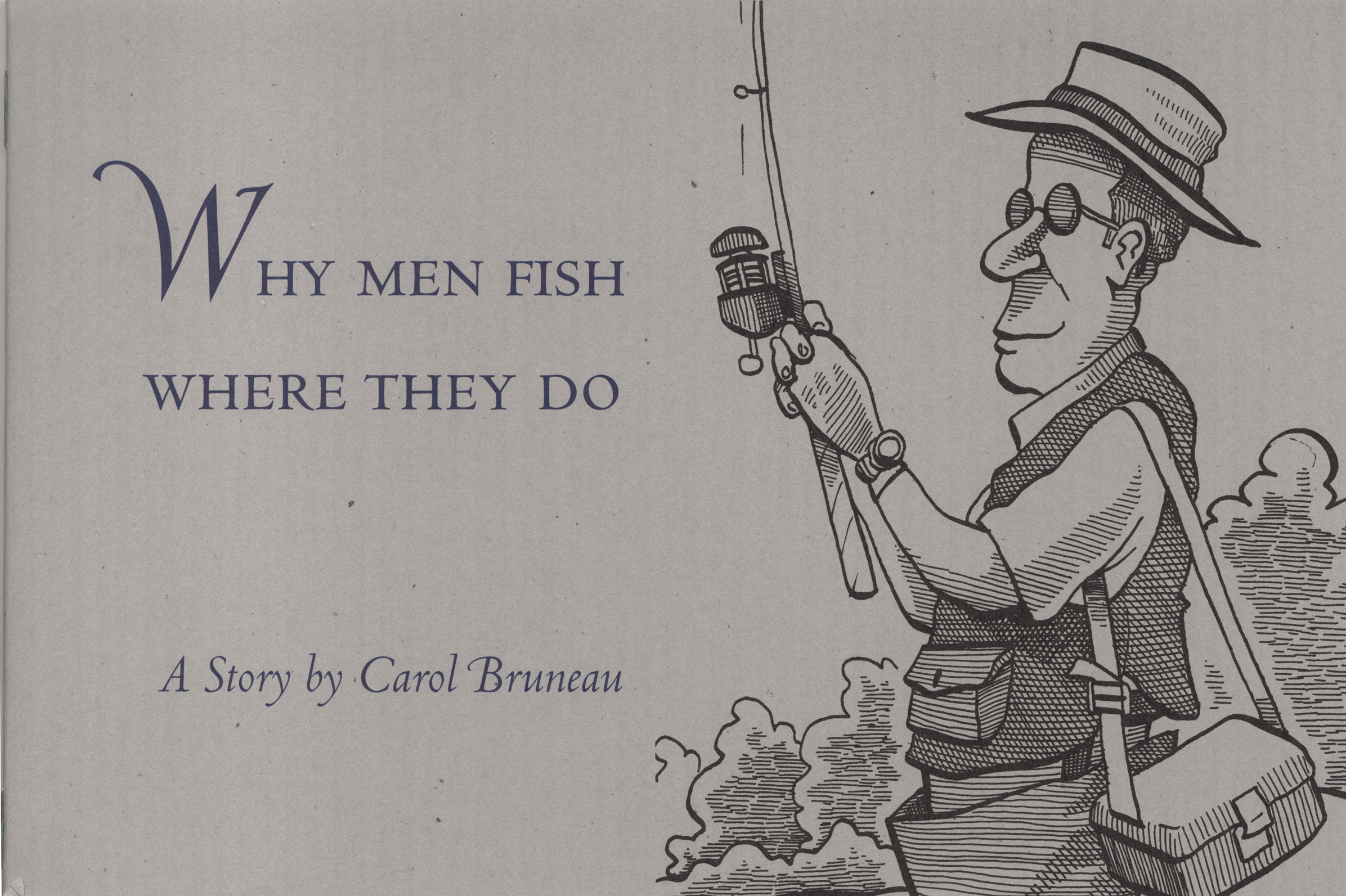
Books in series

Restoration
2000

Palominos and other Poems
2000

Why Men Fish Where They Do
2000
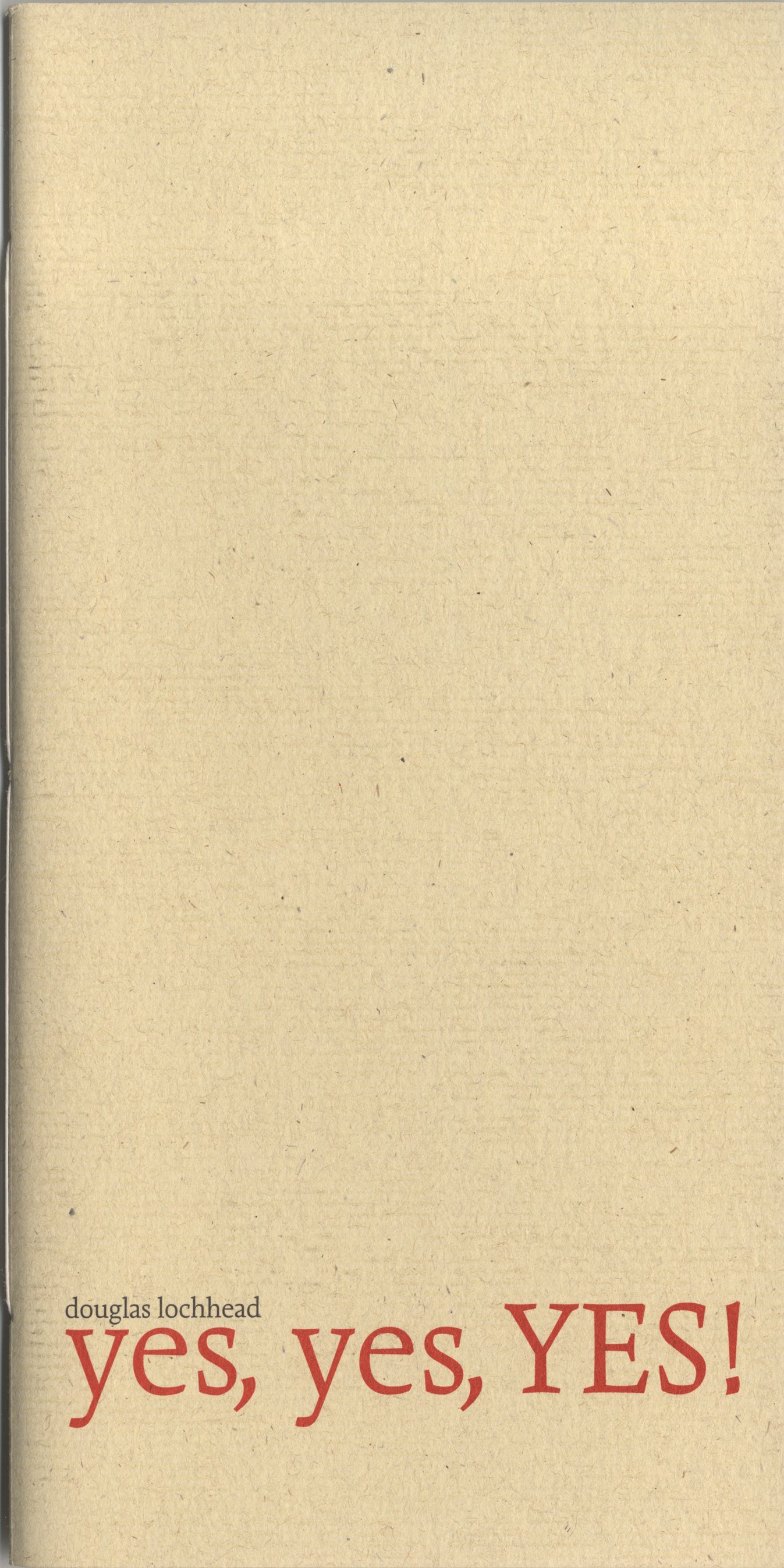
yes, yes, YES!
2001
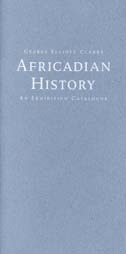
Africadian History
2001
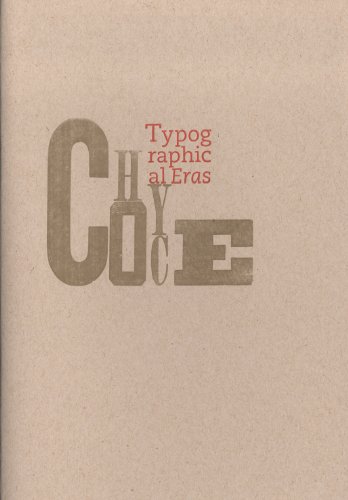
Typographical Eras
2003
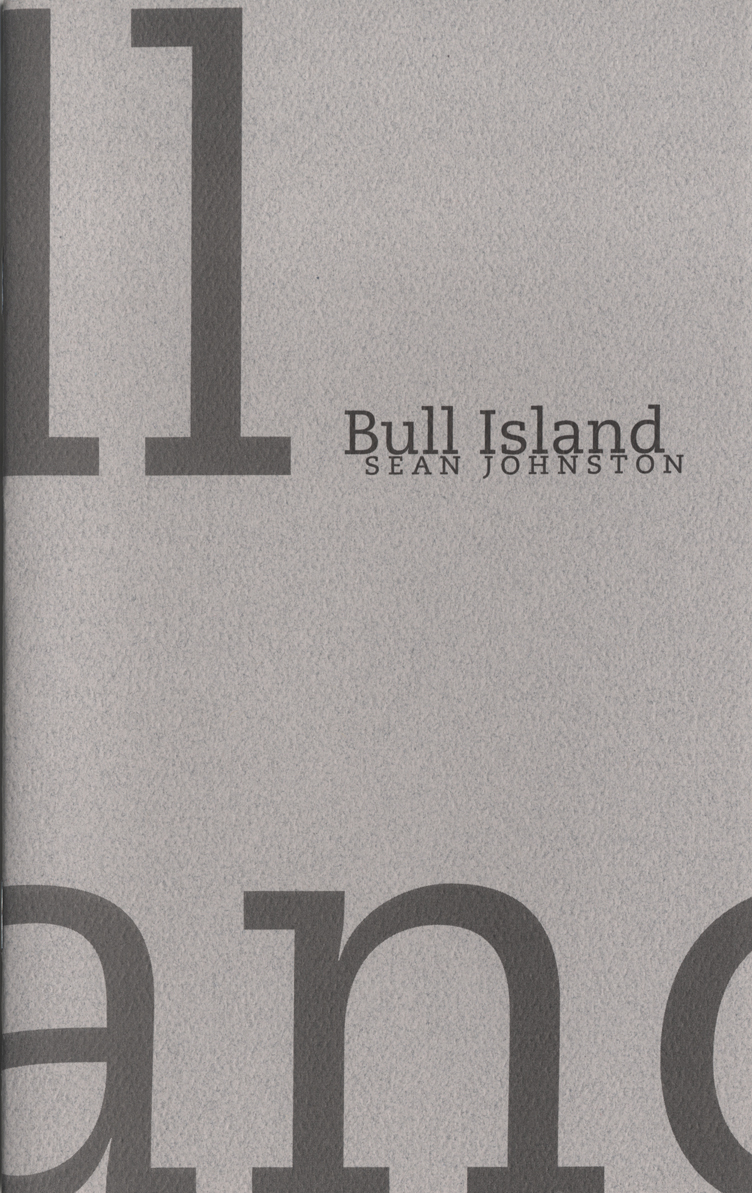
Bull Island
2004
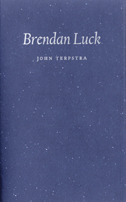
Brendan Luck
2005
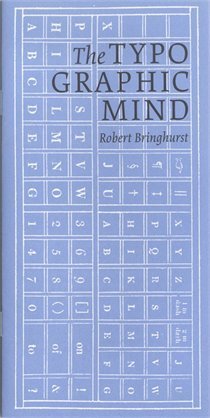
The typographic mind
2006
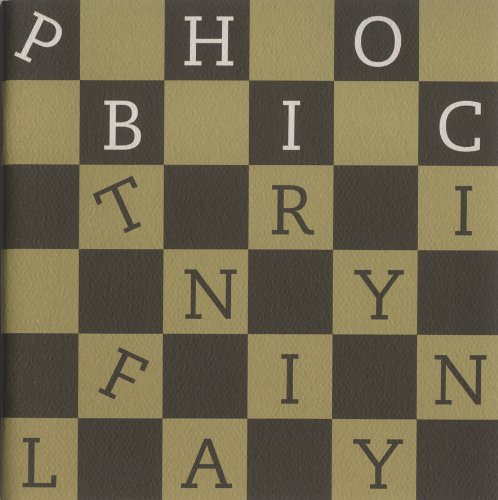
Phobic
2006
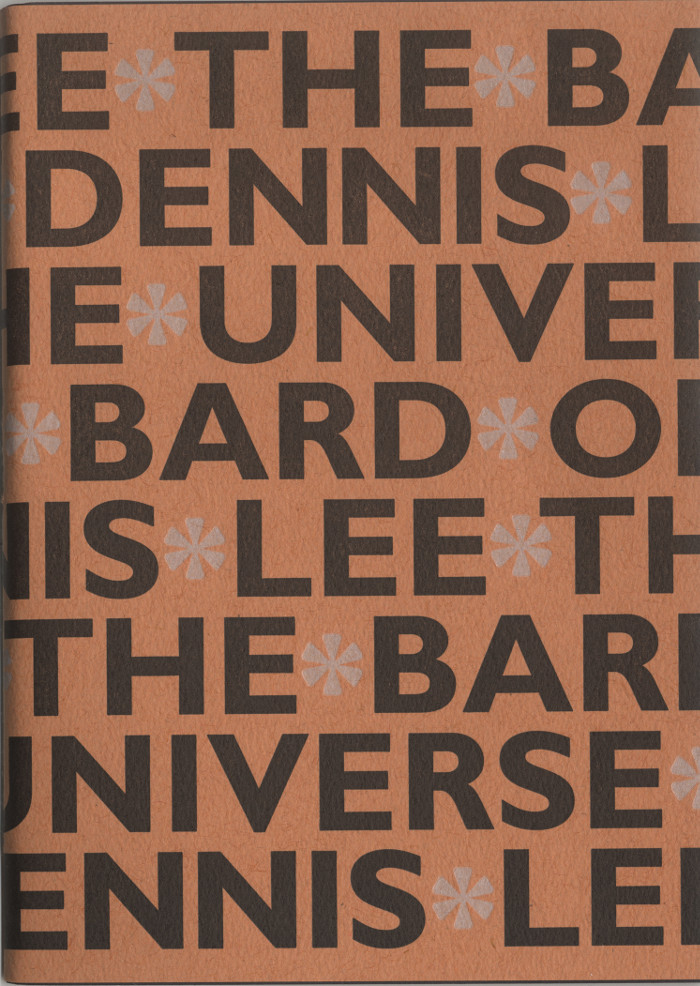
The Bard of the Universe
2007
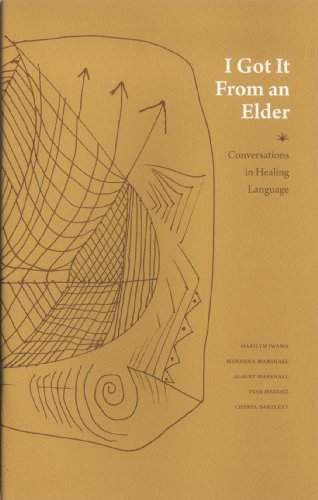
I Got It From An Elder
Conversations in Healing Language
2008
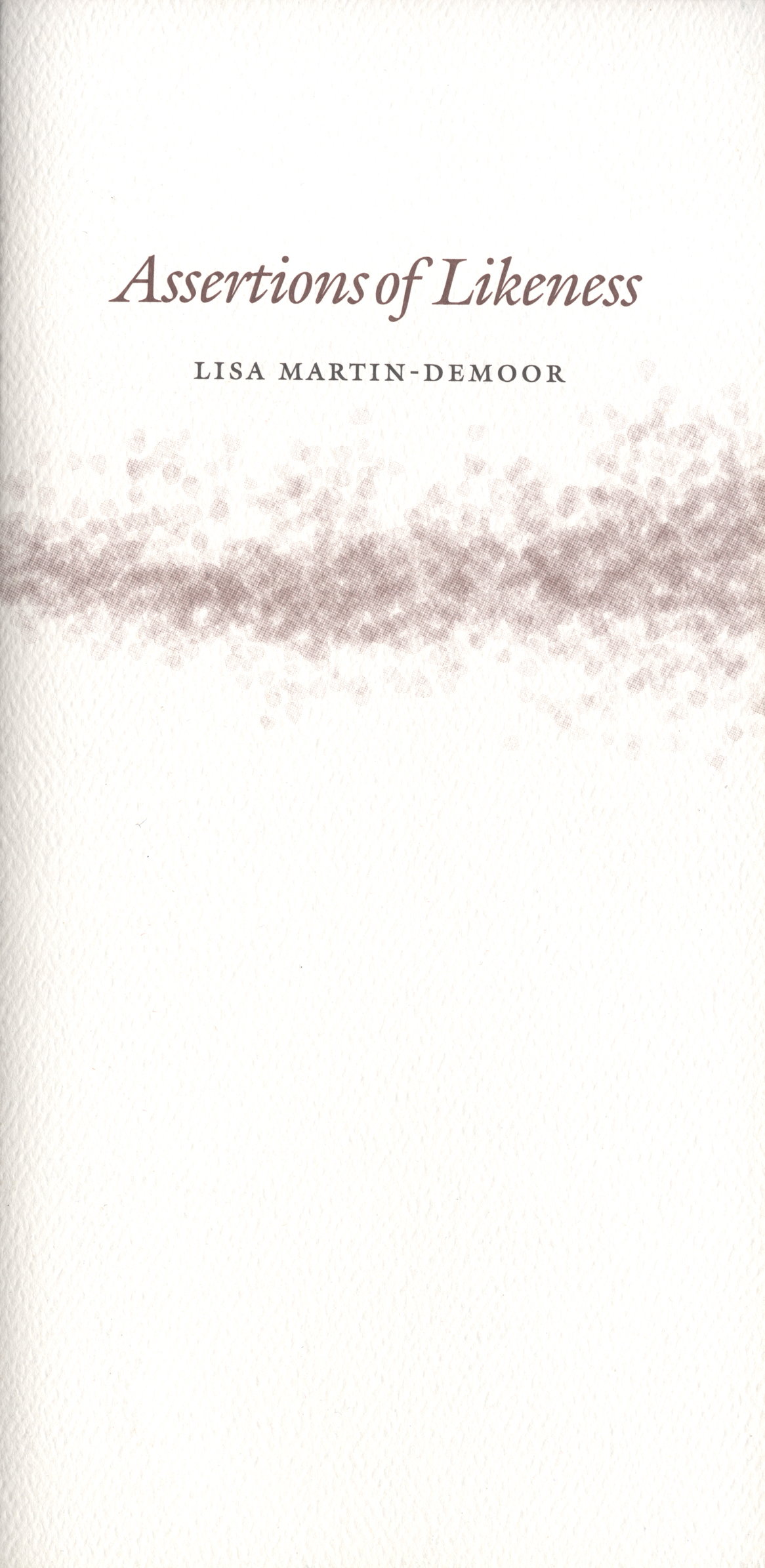
Assertions of Likeness
2011
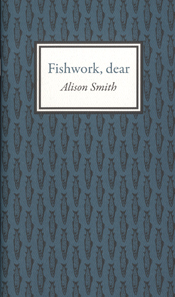
Fishwork, dear
2010
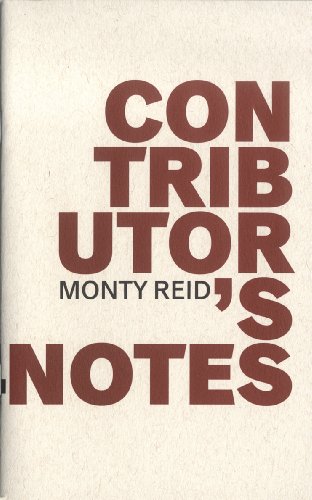
Contributor's Notes
2012
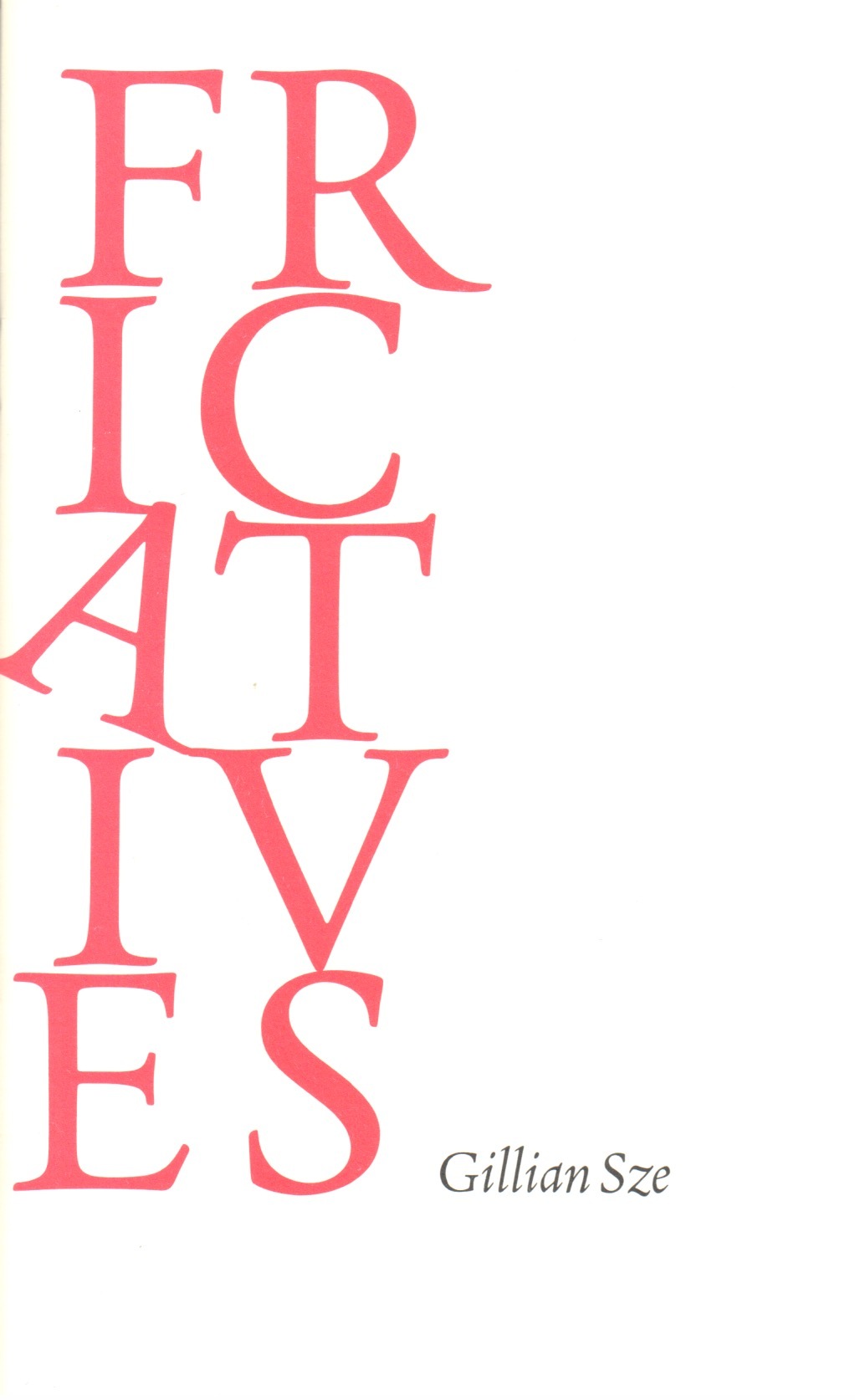
Fricatives
2015
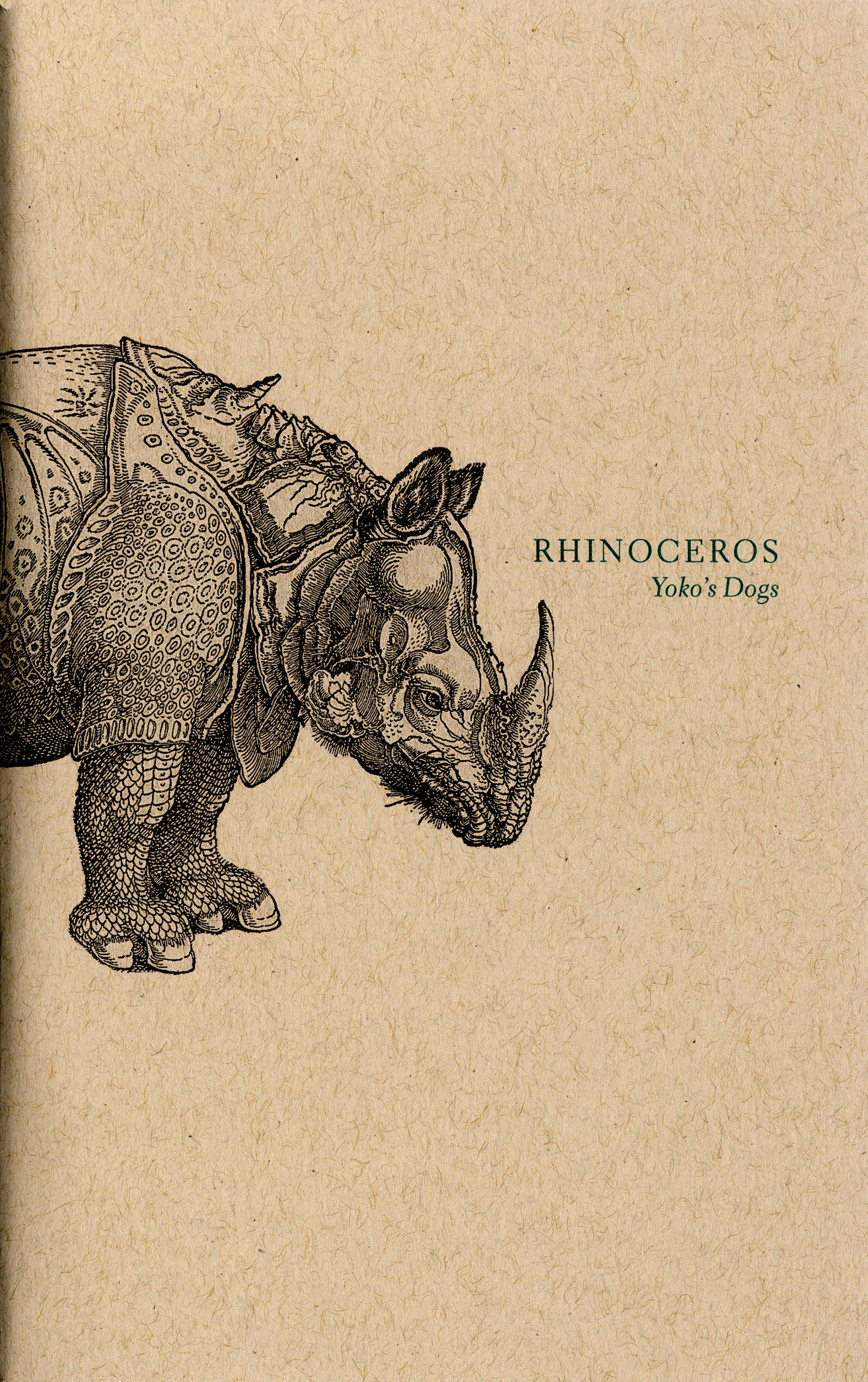
Rhinoceros
2016
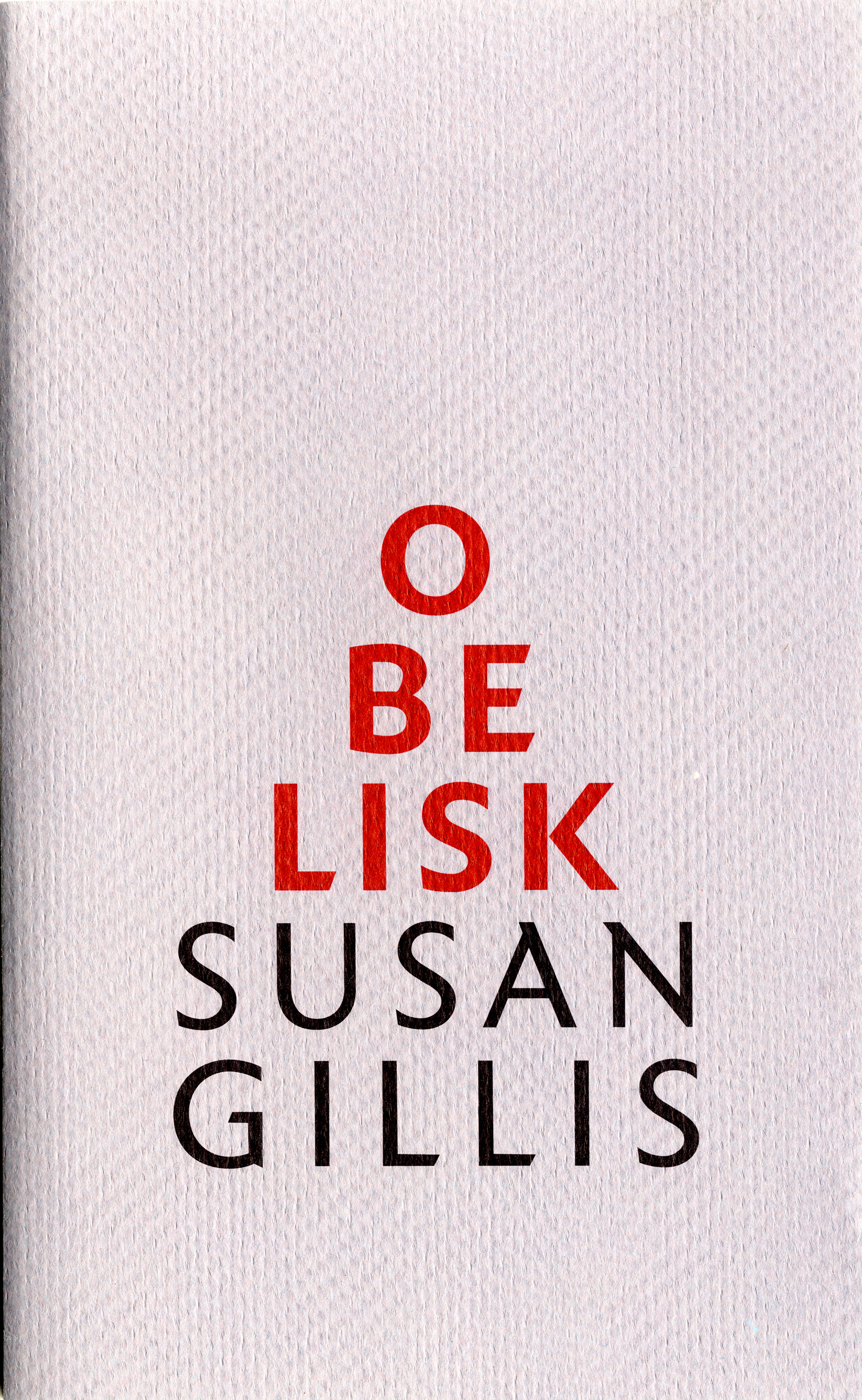
Obelisk
2017
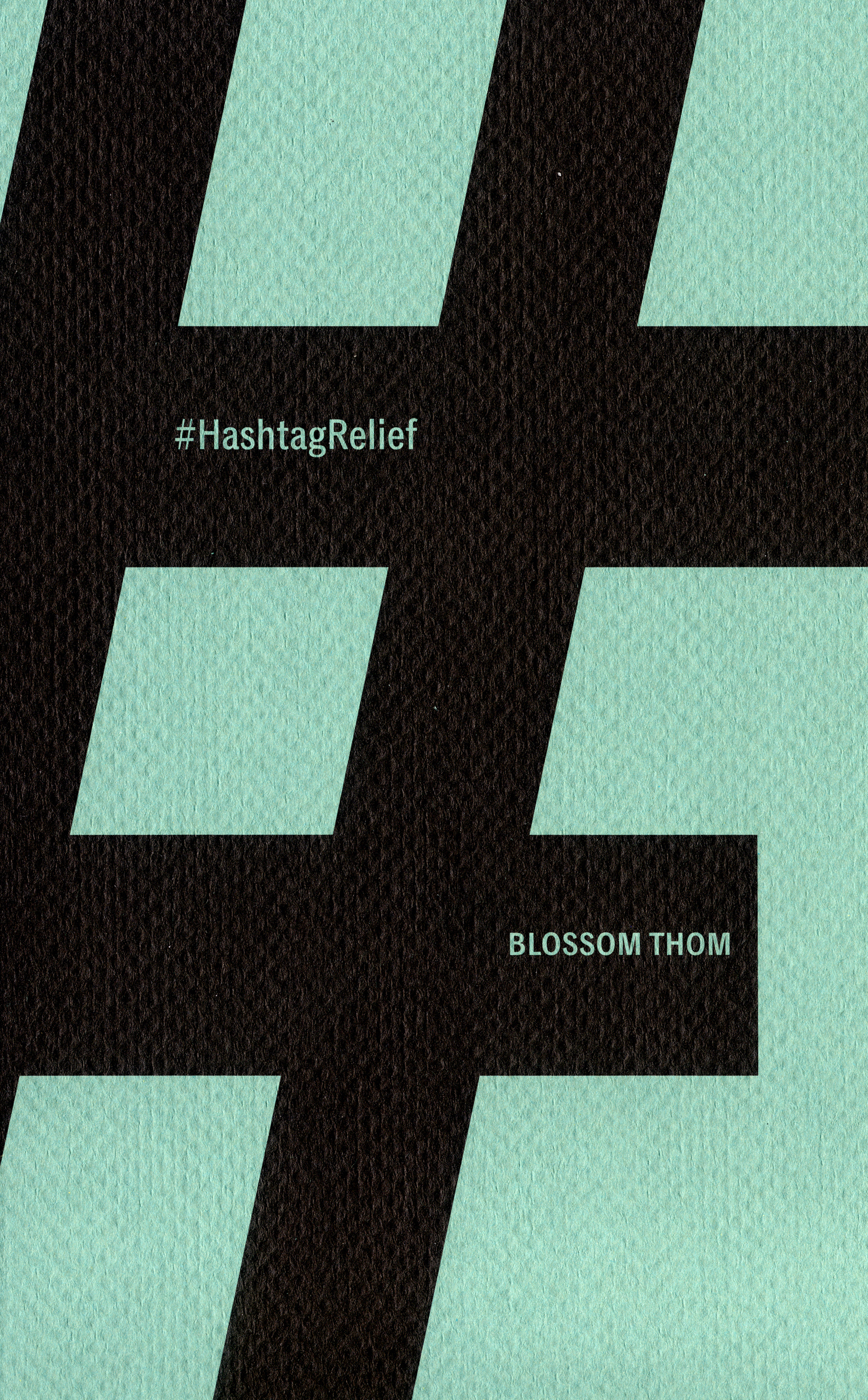
#HashTagRelief
2017
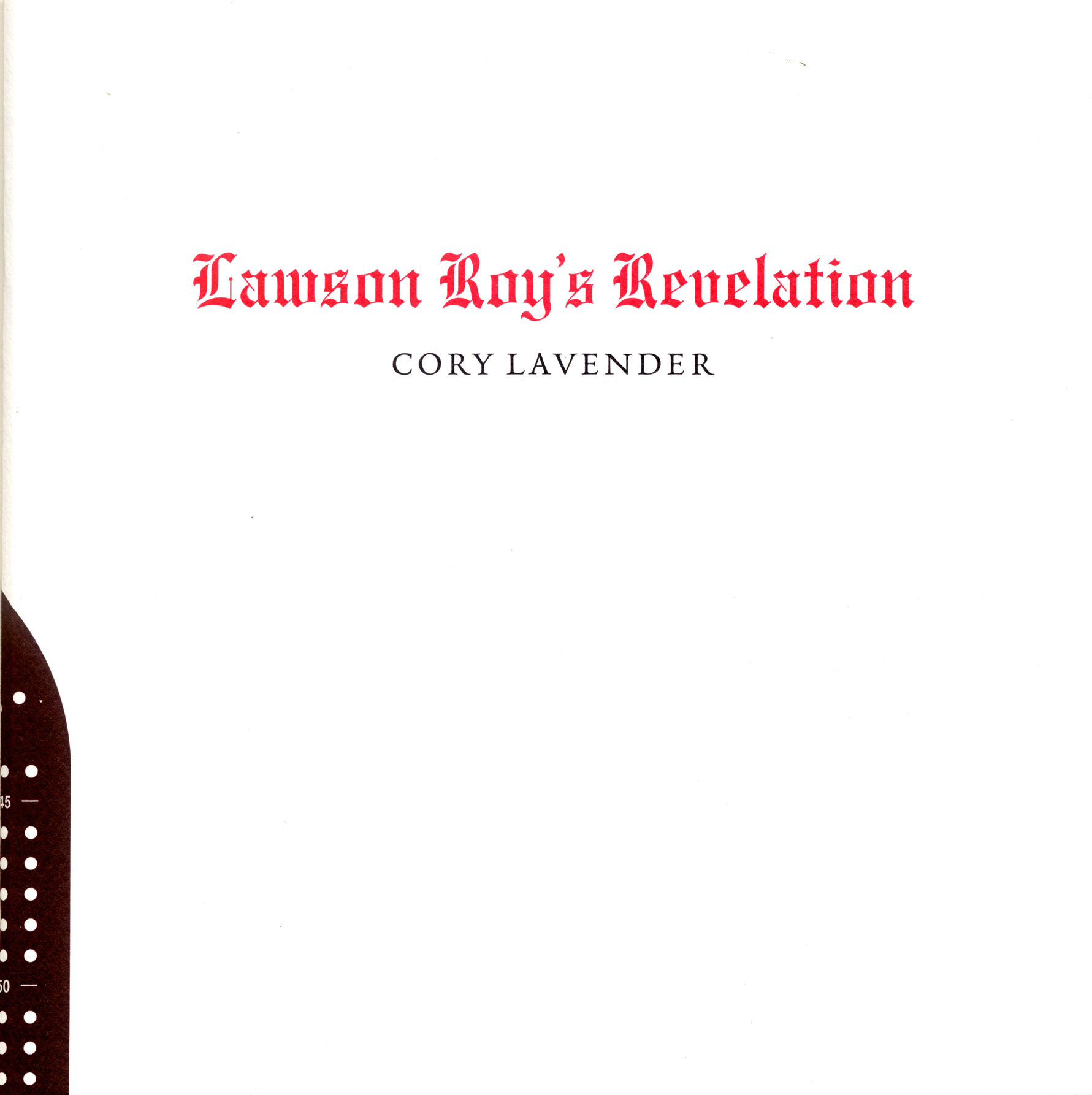
Lawson Roy’s Revelation
2018
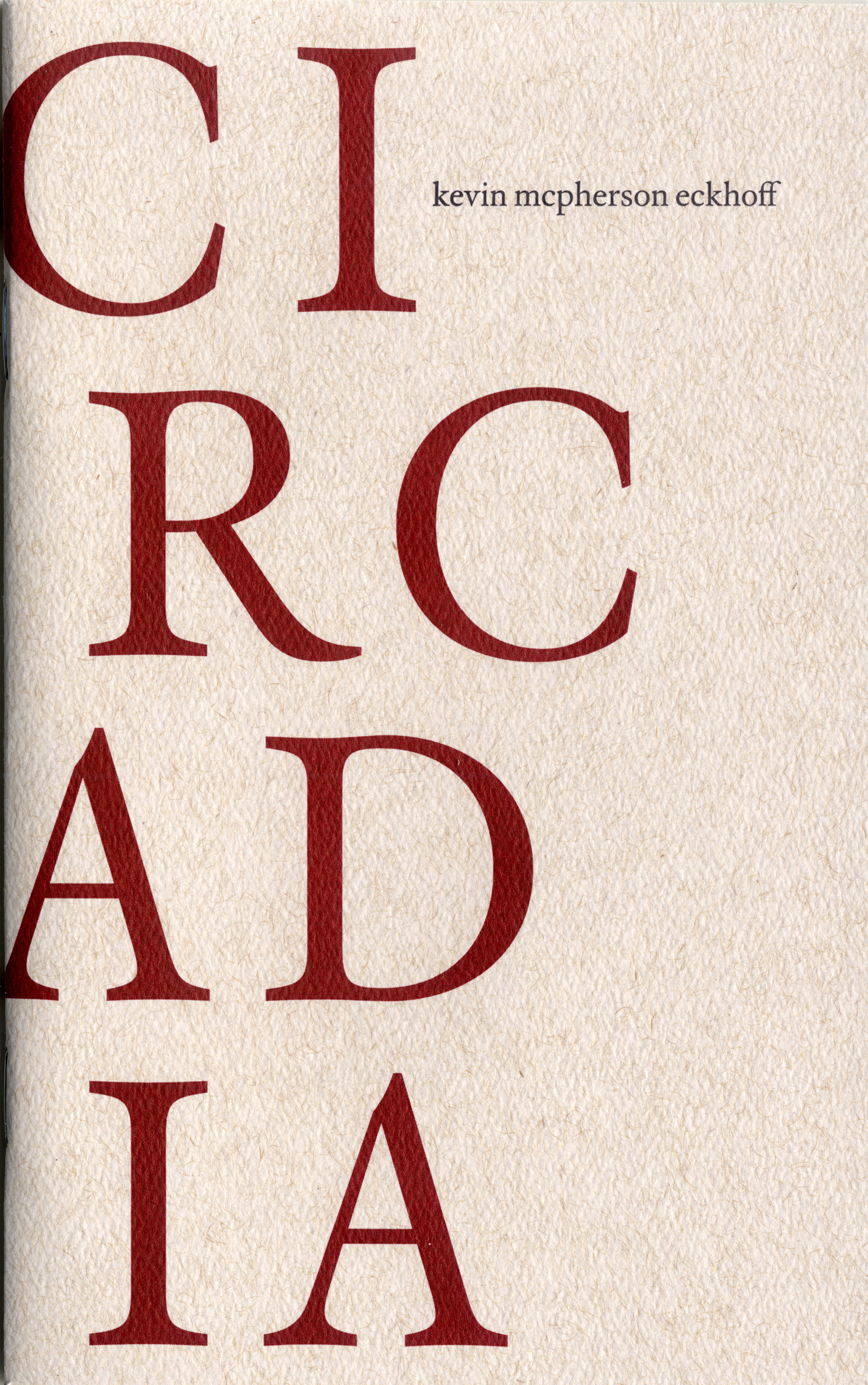
Circadia
2018
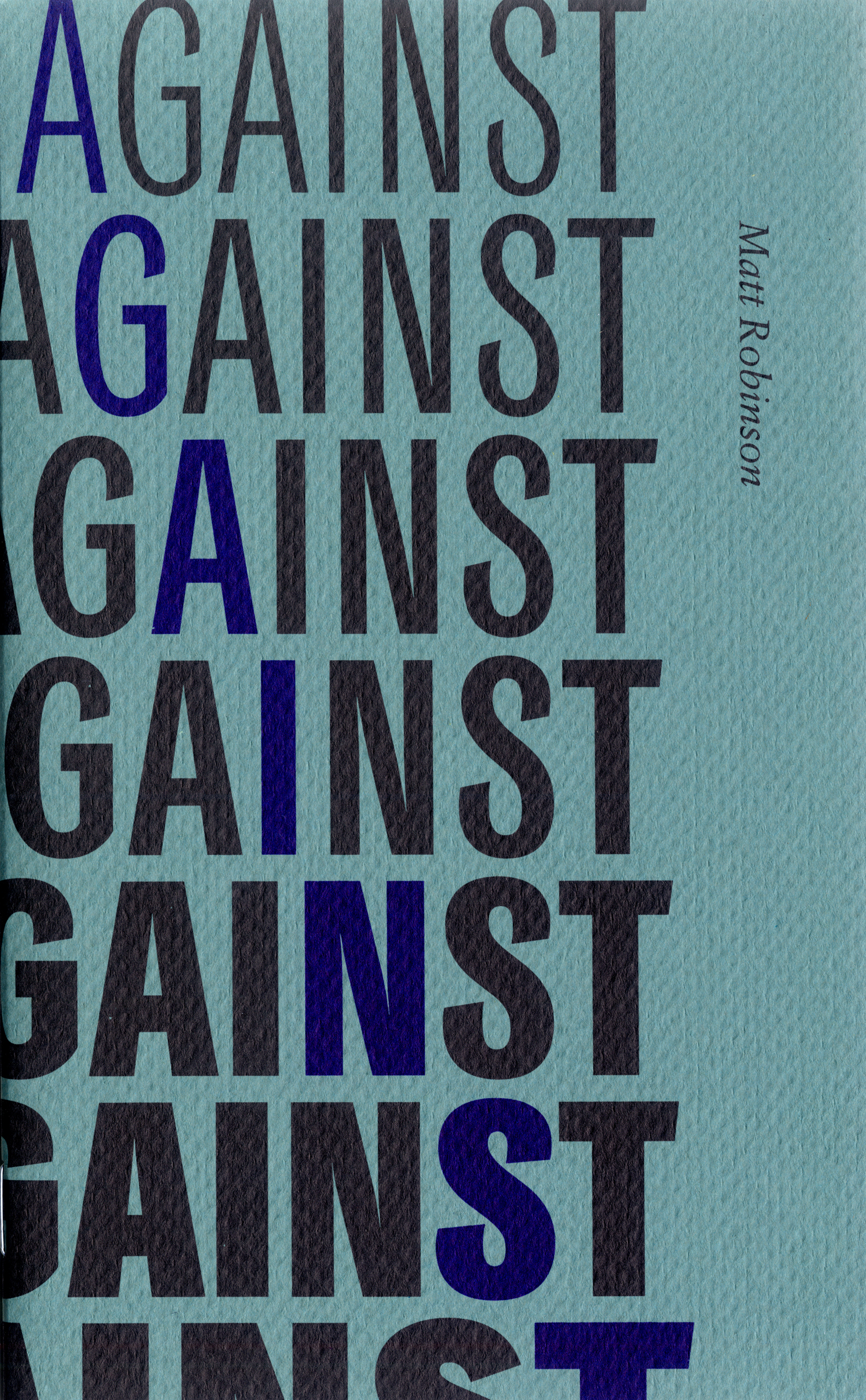
Against
2018
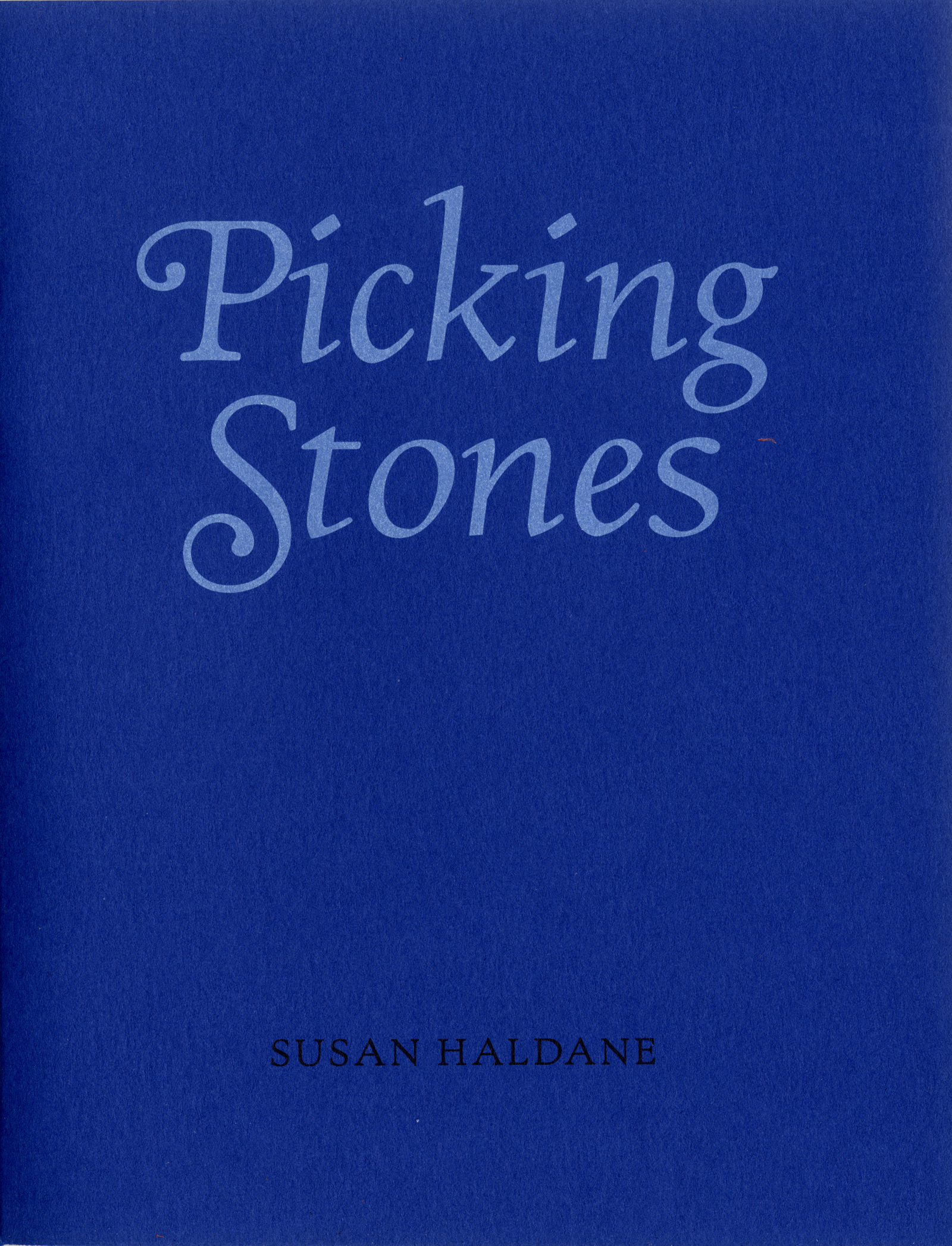
Picking Stones
2018
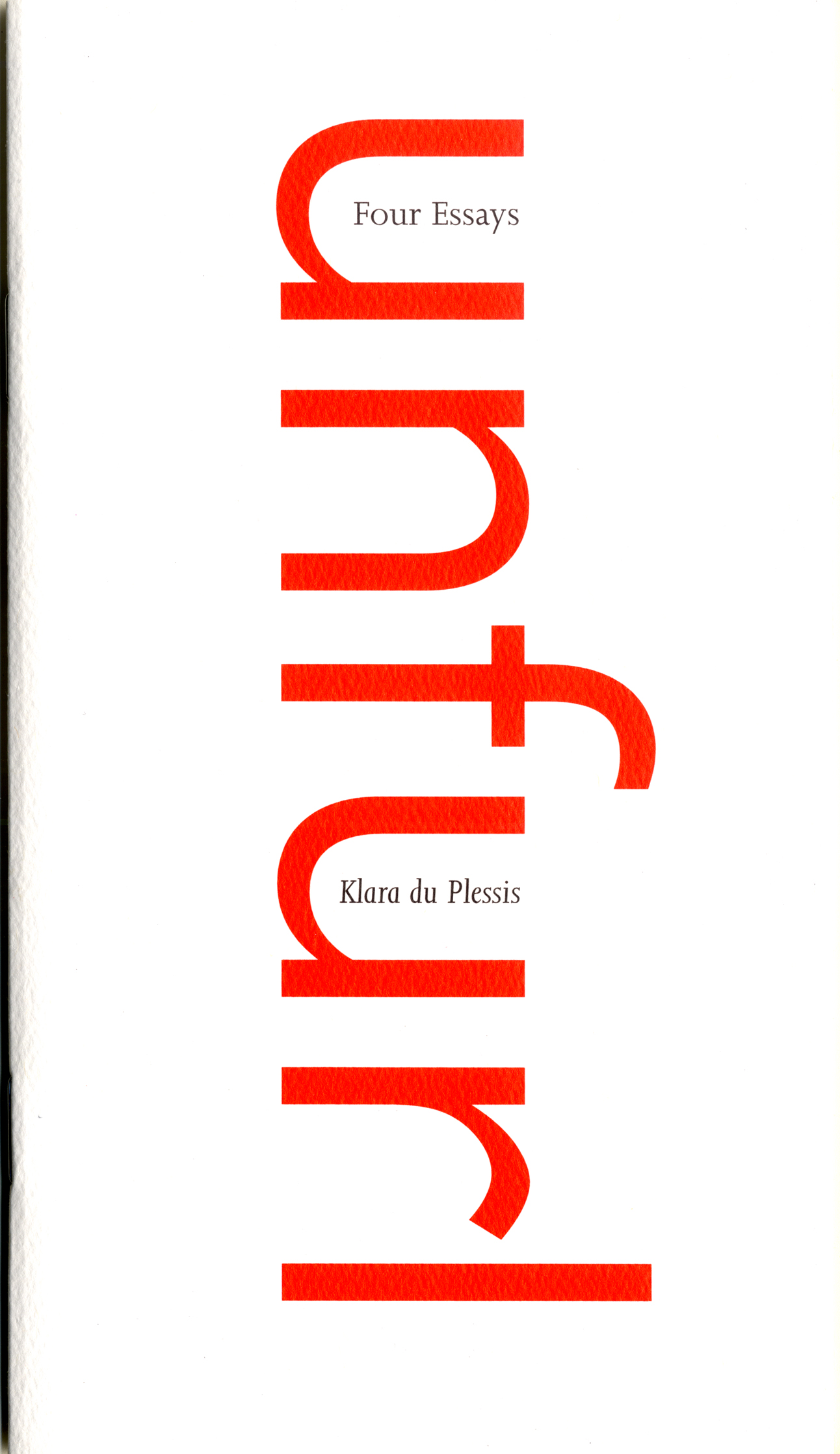
unfurl
Four Essays
2019
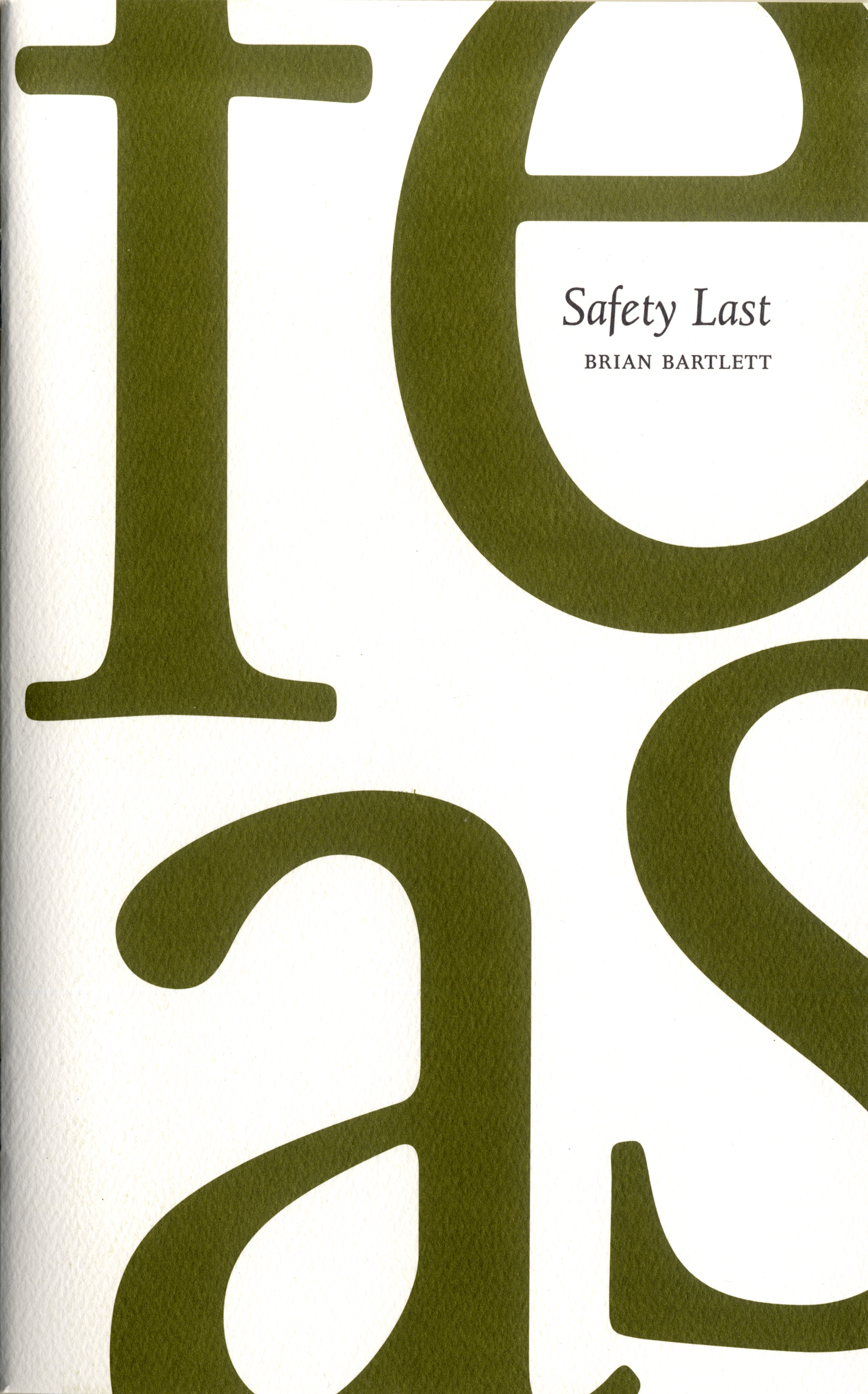
Safety Last
2019
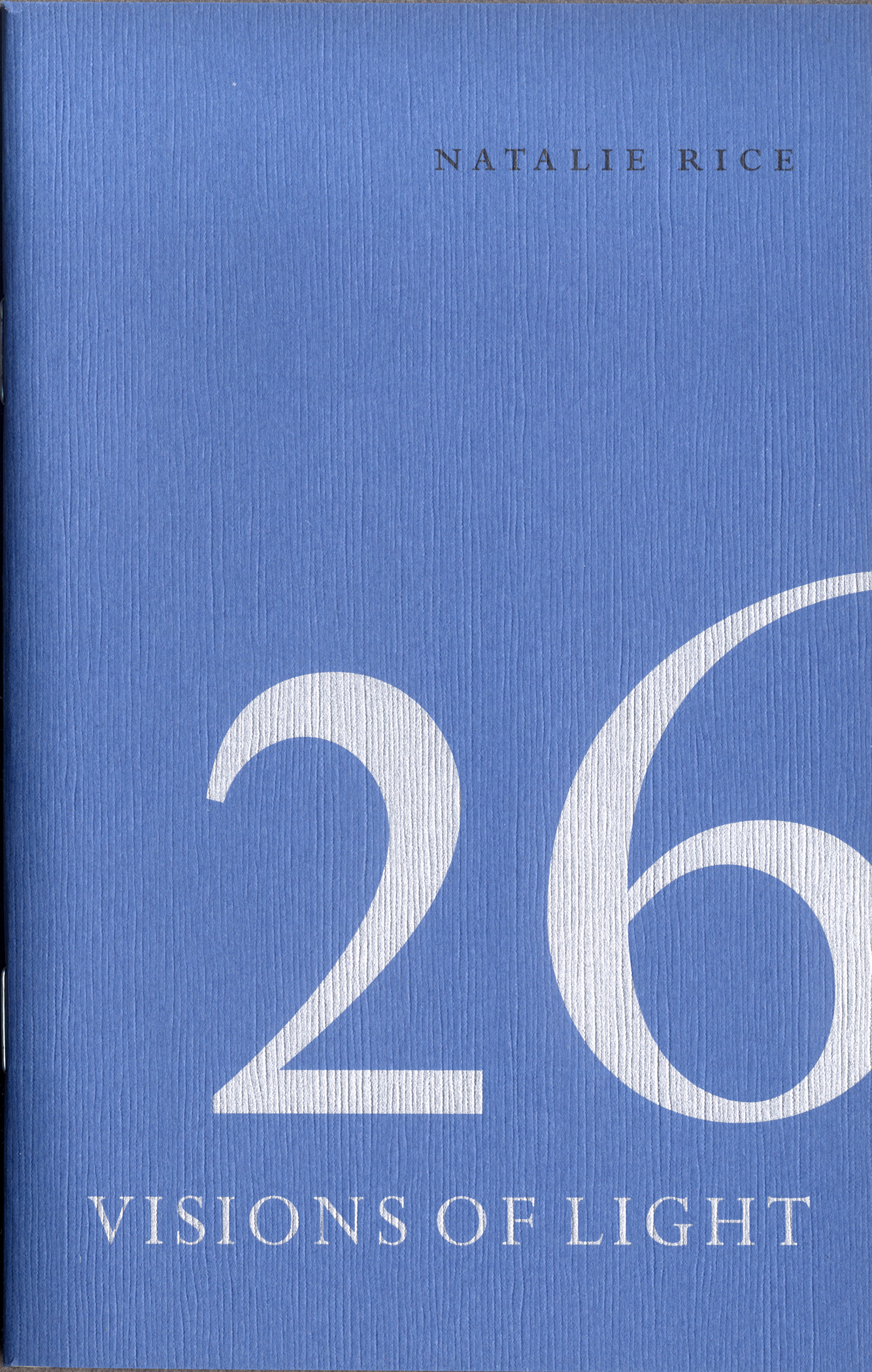
26 Visions of Light
2020
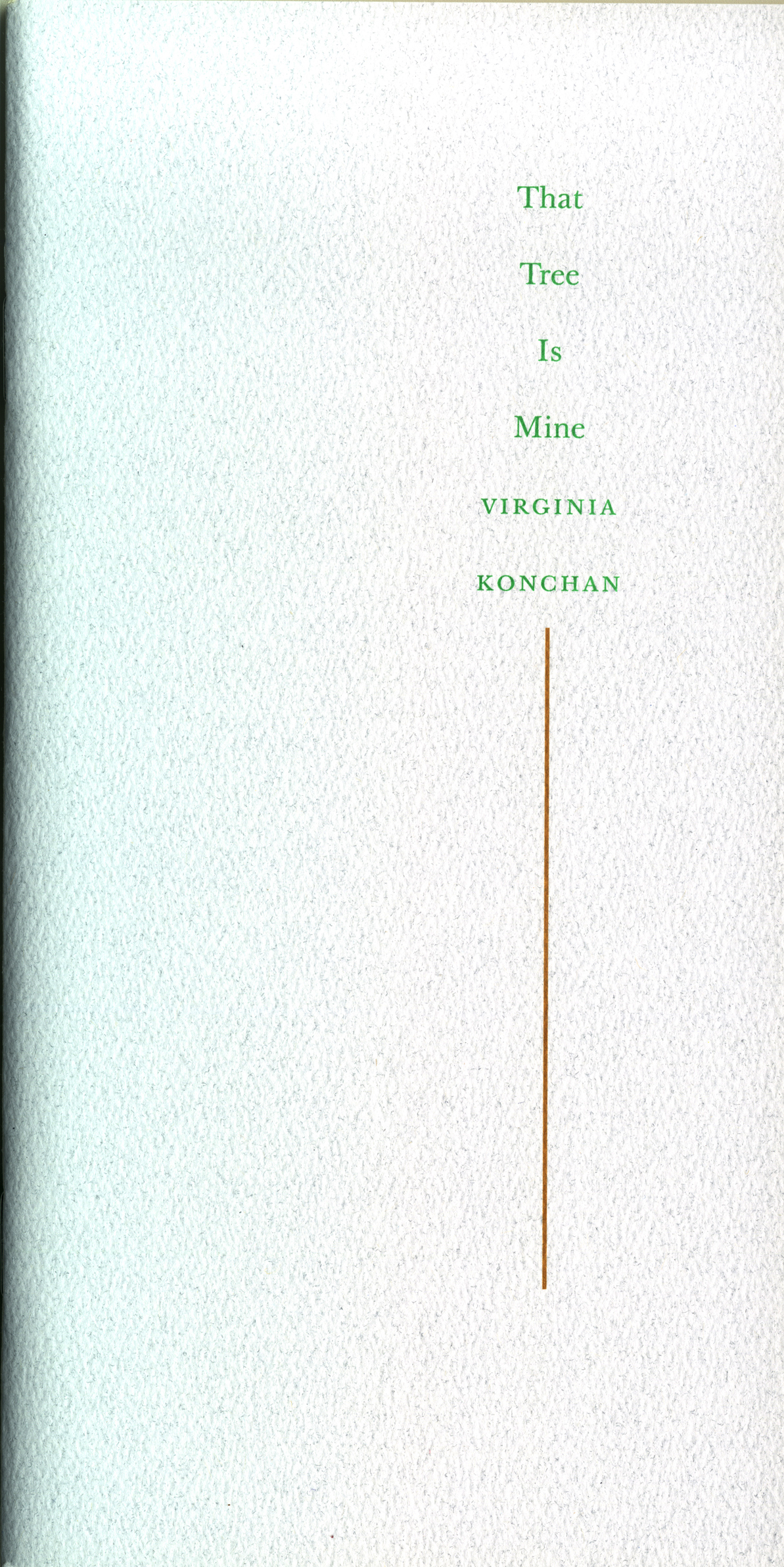
That Tree Is Mine
2020
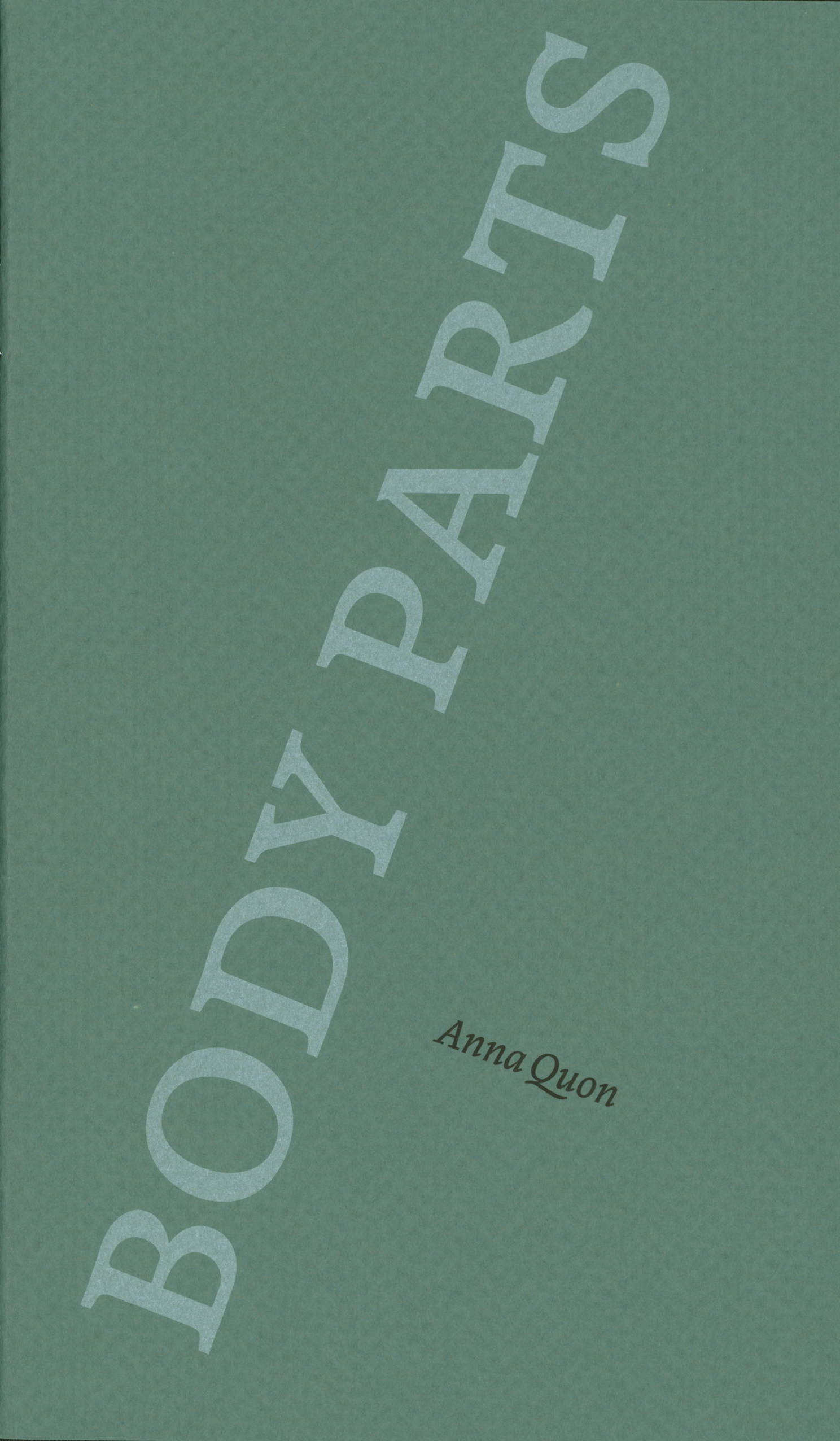
Body Parts
2021
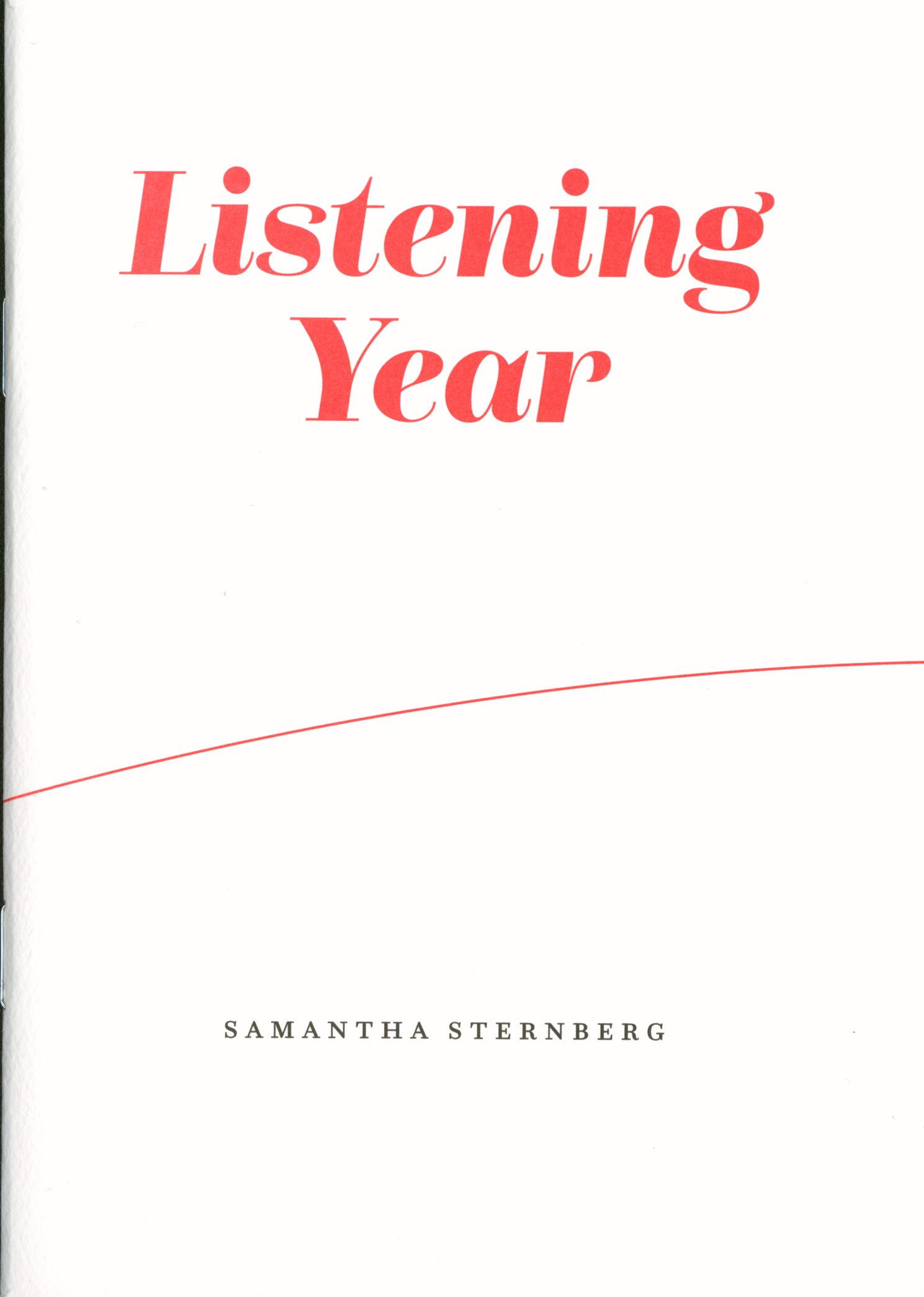
Listening Year
2022
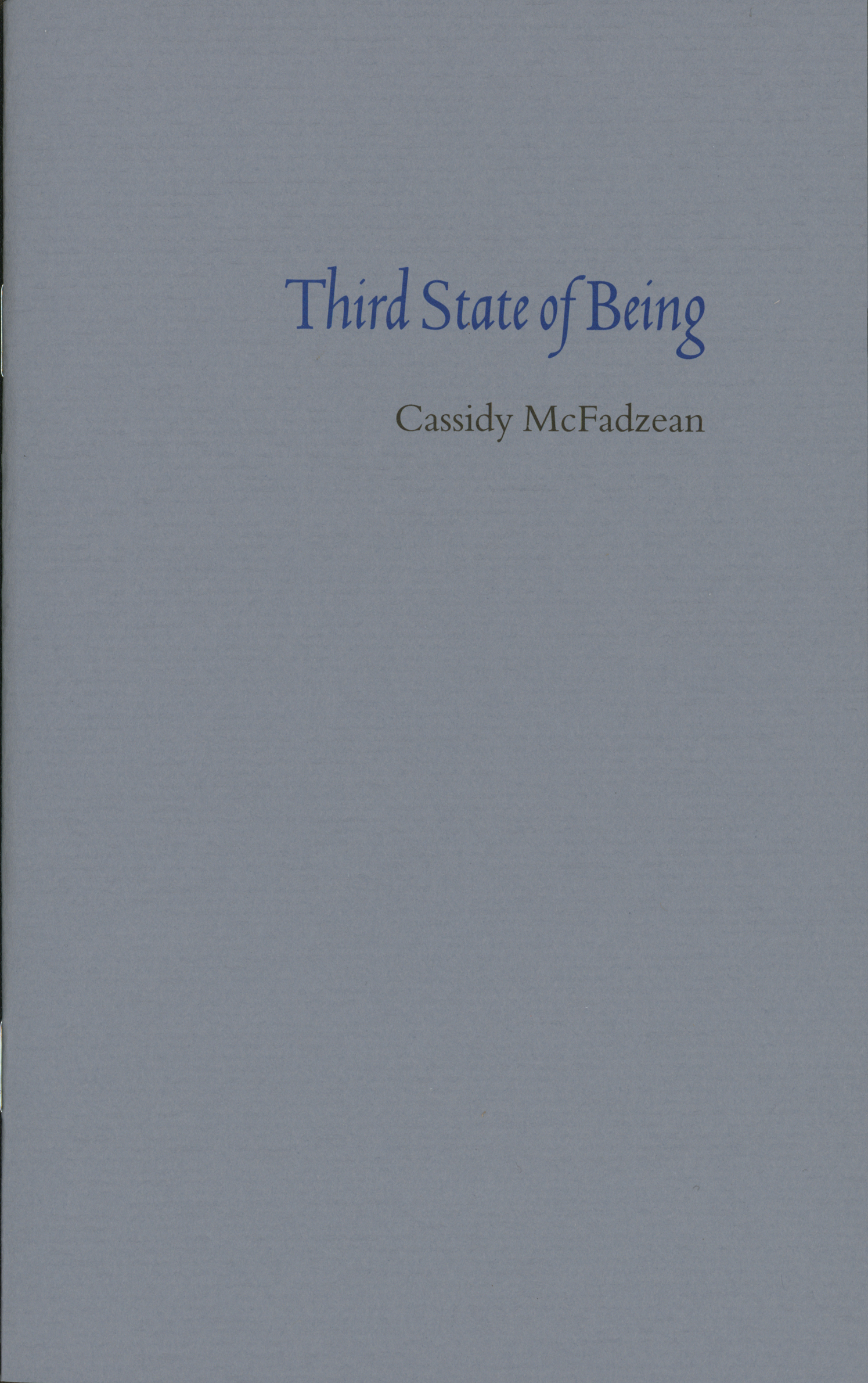
Third State of Being
2022
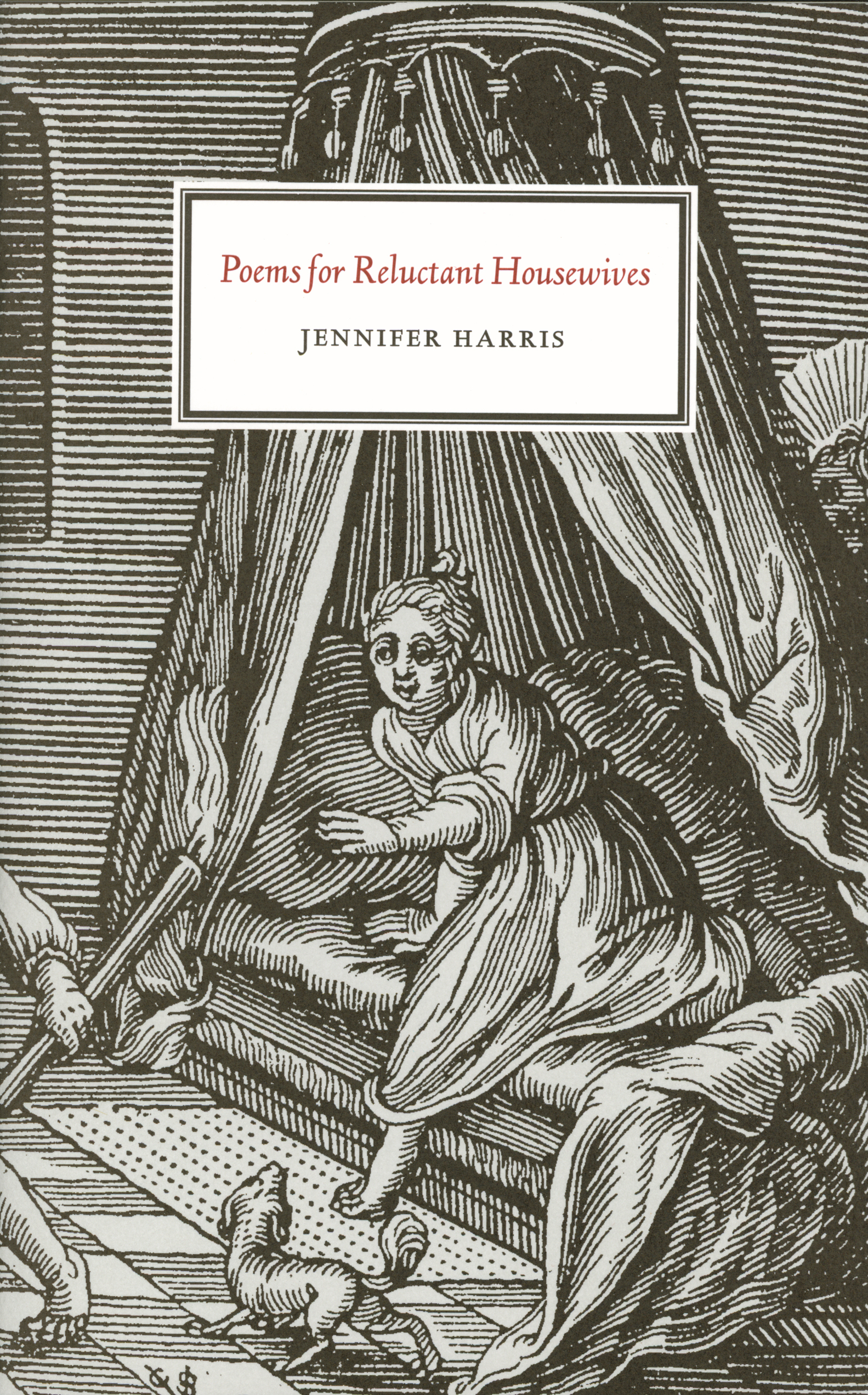
Poems for Reluctant Housewives
2022
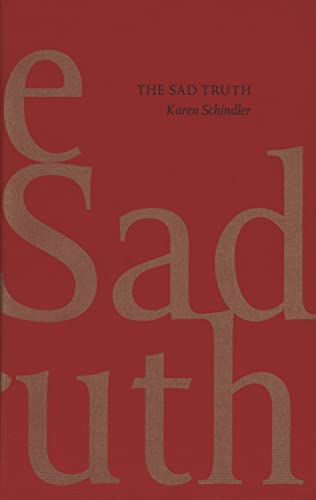
The Sad Truth
2023
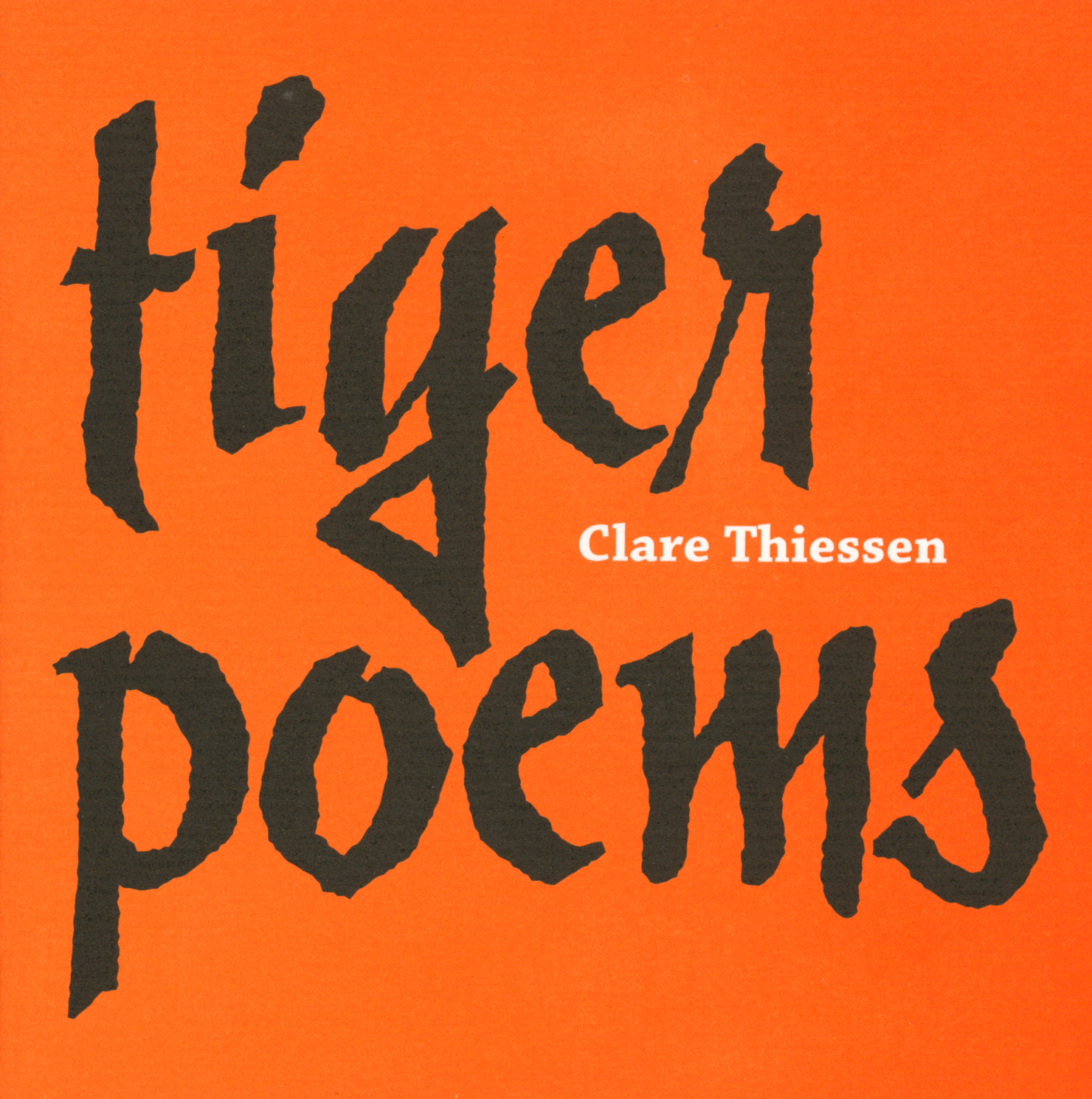
Tiger Poems
2023
Authors

look at all these keyboards! most people only see one keyboard at a time, but children often simultaneously perceive many, which is exactly one 'm' more than 'any'. placing a 'why' at the end of 'man' is another way to get many. and how! questions are usually more interesting than answers anyway? other possible uses of a keyboard: sushi platter, percussion instrument, doormat, bookshelf, face washcloth, wagon (add 5 wheels), coffee filter—a measure of infinitude. one might think that at least part of a keyboard would make an effective lock unlocker, but one would be wrang. 'getting keyedboard' happens when someone (a foe or stranger) runs a keyboard across the paint-skin of someone else's vehicle. And if you're still reading this, you're likely getting keybored. when people get so tired that they start emitting zzzzzz's from their face-sound-speakers while also doing anything, that thing might just turn zzzzzany!


GILLIAN SZE is the author of Panicle (ECW Press, 2017), Peeling Rambutan (Gaspereau Press, 2014) and Redrafting Winter (BuschekBooks, 2015), which were shortlisted for the QWF A.M. Klein Prize for Poetry. She is also the author of The Anatomy of Clay (ECW Press, 2011) and Fish Bones (DC Books, 2009). More recently, she has started writing for children. Her first two picture books are The Night Is Deep and Wide (Orca, 2021) and My Love for You Is Always (Philomel, 2021). Gillian's work has appeared in a number of national and international journals, and has received awards such as the University of Winnipeg Writers’ Circle Prize and the 3Macs carte blanche Prize. She studied Creative Writing and English Literature and received a Ph.D. in Études anglaises from Université de Montréal. Originally from Winnipeg, she now resides in Montreal.
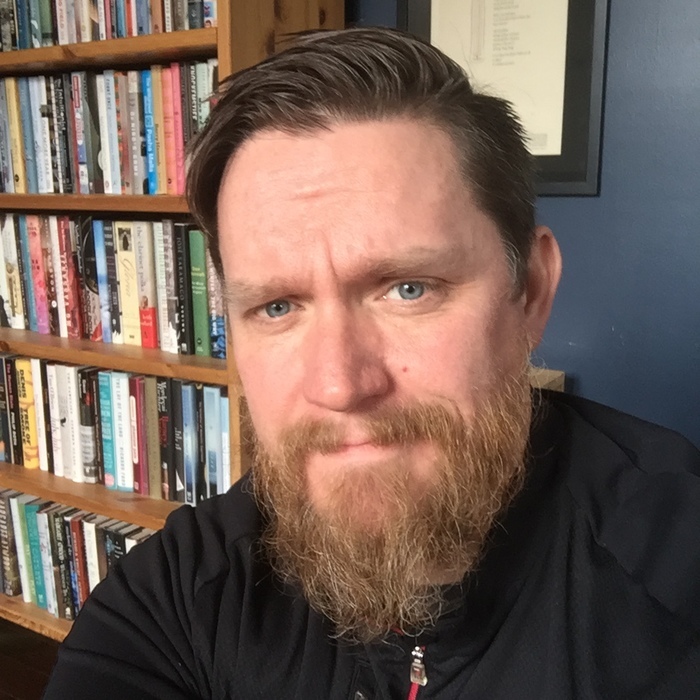
MATT ROBINSON lives in Halifax, NS with his family. Publications include Tangled & Cleft (Gaspereau Press, 2021), Against (Gaspereau Press, 2018), The Telephone Game (Baseline Press, 2017), Some Nights It's Entertainment; Some Other Nights Just Work (Gaspereau, 2016), a fist made and then un-made (Gaspereau, 2013), which was short-listed for the bpNichol Chapbook Award, as well as the full-length collections Against the Hard Angle (ECW, 2010), no cage contains a stare that well (ECW, 2005), how we play at it: a list (ECW, 2002), and A Ruckus of Awkward Stacking (Insomniac, 2000), which was short-listed for both the Gerald Lampert Award and the ReLit Award for Poetry. Robinson has won the Grain Prose Poetry Prize, the Petra Kenney Award, and The Malahat Review Long Poem Prize, among others. His poems have appeared in a number of anthologies, including The New Canon, Breathing Fire 2, Coastlines: The Poetry of Atlantic Canada, Exact Fare Only 2, Mess: The Hospital Anthology, and Landmarks: An Anthology of New Atlantic Canadian Poetry of the Land. His poem ‘The Grain Elevators’ has been adapted into a short film produced and directed by Megan Wennberg and screened at both the Halifax Independent Filmmakers’ Festival and the Atlantic Film Festival. He works as the Director – Housing & Conference Services at Saint Mary’s University.

Lesley Choyce is a novelist and poet living at Lawrencetown Beach, Nova Scotia. He is the author of more than 80 books for adults, teens and children. He teaches in the English Department and Transition Year Program at Dalhousie University. He is a year-round surfer and founding member of the 1990s spoken word rock band, The SurfPoets. Choyce also runs Pottersfield Press, a small literary publishing house and hosted the national TV show, Off The Page, for many years. His books have been translated into Spanish, French, German and Danish and he has been awarded the Dartmouth Book Award and the Ann Connor Brimer Award. Lesley Choyce was born in New Jersey in 1951 and moved to Canada in 1978 and became a citizen. His YA novels concern things like skateboarding, surfing, racism, environmental issues, organ transplants, and rock bands.
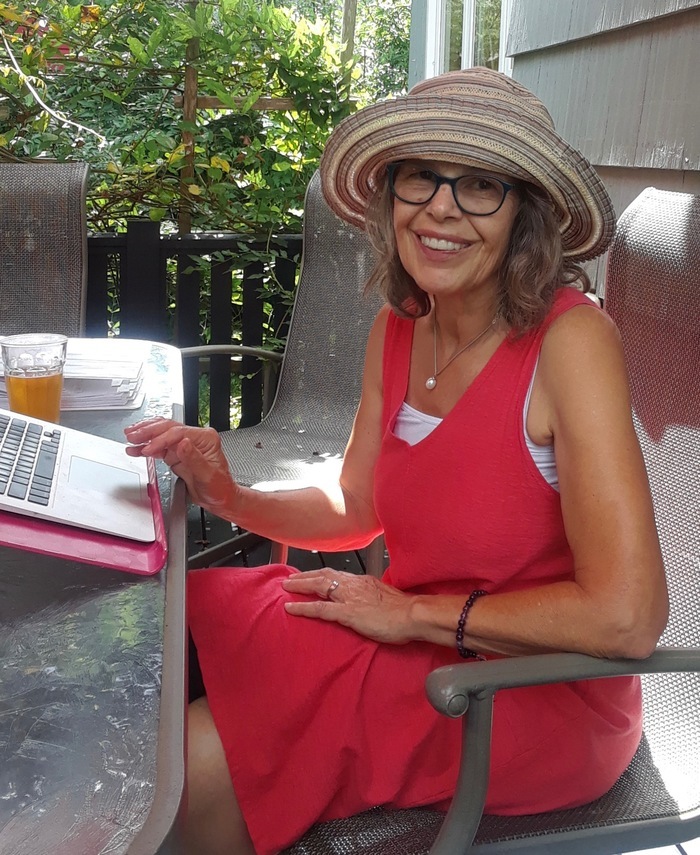
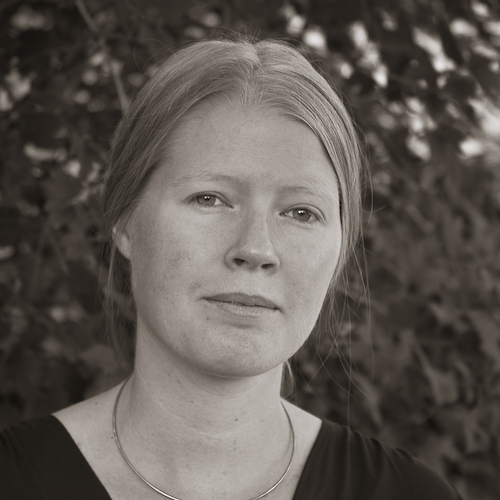

A seventh-generation Nova Scotian, George Elliott Clarke was born in 1960 in Windsor Plans, Nova Scotia. He is known as a poet, as well as for his two-volume anthology of Black Writing from Nova Scotia, Fire in the Water. Volume One contains spirituals, poety sermons, and accounts from 1789 to the mid-twentieth century; Volume Two collects the work of the Black Cultural Renaissance in Nova Scotia, which, in Clarke's words, "speaks to people everywhere about overcoming hardships and liberating the spirit." Currently on faculty at Duke University, he is now writing both a play and an opera on slavery in Nova Scotia, a reformulation of Shelley's The Cenci. He has won many awards including the 1981 Prize for Adult Poetry from the Writers Federation of Nova Scotia, he was the 1983 first runner-up for the Bliss Carman Award for Poetry at the Banff Centre School of Arts and 1991 winner of the Archibald Lampman Award for Poetry from the Ottawa Independent Writers. Books: Saltwater Spirituals and Deeper Blues (Pottersfield, 1983); Whylah Falls (Polestar, 1990, 2000); Provencal Songs (Magnum Book Store, 1993); Lush Dreams, Blue Exile: Fugitive Poems, 1978-1993 (Pottersfield, 1994); Provencal Songs II (Above/ground, 1997); Whylah Falls: The Play (Playwrights Canada, 1999, 2000); Beatrice Chancy (Polstar Books, 1999); Gold Indigoes (Carolina Wren, 2000); Execution Poems (Gaspereau, 2001); Blue (Raincoat, 2001); Odysseys Home: Mapping African-Canadian Literature (UofT Press, 2002)
Librarian Note: There is more than one author by this name in the Goodreads data base. Brian Bartlett’s books of poetry include Granite Erratics, The Afterlife of Trees, Travels of the Watch, and Wanting the Day: Selected Poems, which was published in both Britain and Canada and won the 2004 Atlantic Poetry Prize. He also edited Don McKay: Essays on His Works and is working on a collection of prose, Living with Poetry. He teaches at Saint Mary’s University in Halifax.
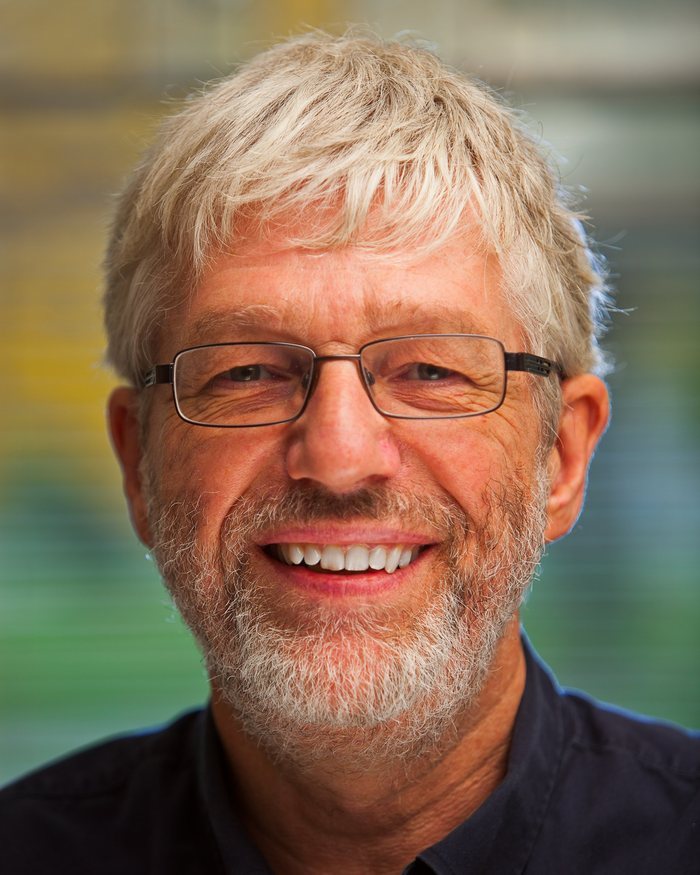
John Terpstra, poet, author, cabinetmaker (born at Brockville, ON). A child of parents who emigrated to Canada from the Netherlands, John Terpstra attended school in Edmonton, Alberta and Hamilton, Ontario, where he still resides. After a stint at Trinity Christian College in Chicago, Illinois, he graduated from the UNIVERSITY OF TORONTO. Instead of pursuing academic life, Terpstra chose to earn his living as a cabinetmaker while maintaining a writing career. Terpstra's work has received wide recognition. He was the winner of the F. G. BRESSANI Literary Prize for POETRY in 1988, for the collection Forty Days And Forty Nights (1987). In 1992, he won the CBC Radio Literary Competition for Captain Kintail (1992), and his 2003 volume Disarmament was shortlisted for a GOVERNOR GENERAL'S LITERARY AWARD. Among his other books of poetry are The Church Not Made With Hands (1997), The Devil's Punchbowl (1998) and Two Or Three Guitars: Selected Poems (2006). Terpstra has also collaborated on a spoken word and music CD, Nod Me In, Shake Me Out (2000), with pianist and composer Bart Nameth. His work has been anthologized in New Canadian Poetry (2000) and Poetry And Spiritual Practice: Selections From Contemporary Canadian Poets (2002). Terpstra has served as Writer-In-Residence at MCMASTER UNIVERSITY and as Visiting Artist at St. Augustine College in Ottawa, holding both appointments in 2005. John Terpstra is also noted for his prose works Falling Into Place (2002) and The Boys, Or Waiting For The Electrician's Daughter (2005), for which he was a finalist for the Charles Taylor Prize and the BC National Award for Canadian Non-Fiction. Falling Into Place considers the Iroquois Bar, the glacial sandbar on which the city of Hamilton rests, and which supports one of Canada's busiest transportation corridors. Terpstra affirms his identification with this aspect of his hometown: "we're made of this stuff; this earth, this shale, this mud and suffering clay." The Boys is an elegy for Terpstra's wife's three brothers, all of whom died of MUSCULAR DYSTROPHY within a six month period in 1978. While describing their personal conditions and the cultural conceptions regarding DISABILITY, Terpstra celebrates their spirits by bringing into focus the brothers' imaginations and their vivid, outgoing personalities. Terpstra's poetic voice is quiet but forceful; at times he is bemused, as in the poem "The Loo:" "I read somewhere that this/part of the country was first/settled because of one." Elsewhere his tone is wistful, as in "Giants:" "I'm telling you they absolutely loved/every minute living here/and they regretted ever having to leave." But he is always calm and magnanimous in the face of life's open mysteries, as in "A Prayer To Be In Paradise With The Children:" "When I must come to you o my God.../ I beg the lively company to keep/of kids, in Paradise, where rest and rising meet." Again we see this tone in "The Little Towns of Bethlehem:" "this night/ is born a child, this night/ bearing each,/ and the places of their birth/ and nativity is given/ every name." Terpstra's poems are ingrained with a strong CHRISTIAN ethos, but his tone is not didactic. Rather, it suggests a pure spiritual apprehension of life infused with holiness - love, compassion, respect for others, and an acceptance of the sufferings we all undergo in our daily experiences. Terpstra's mastery of his media holds his artistic vision together and allows him to go from form to form; given the uniformity of his thematic focus, it may be all one to him. Ultimately, what distinguishes Terpstra's work is his reverence for life, and this is what makes it distinctive and wise.

Robert Bringhurst is a Canadian poet, typographer and author. He is the author of The Elements of Typographic Style – a reference book of typefaces, glyphs and the visual and geometric arrangement of type. He has also translated works of epic poetry from Haida mythology into English. He lives on Quadra Island, near Campbell River, British Columbia (approximately 170 km northwest of Vancouver).

